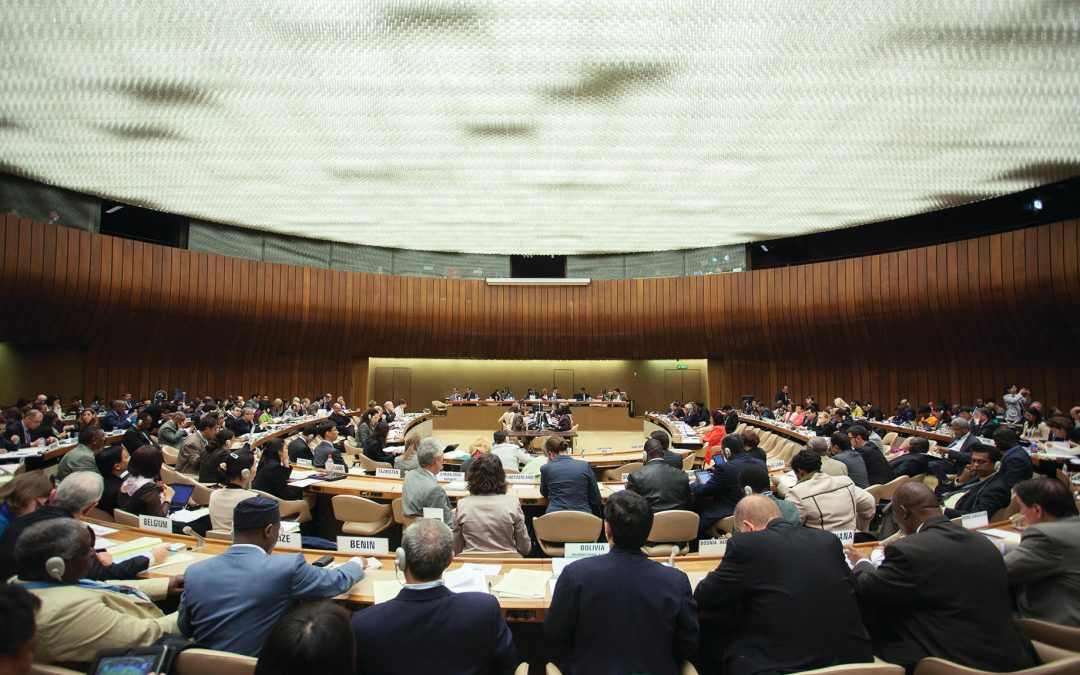by Po-Han Lee
In May 2013, the World Health Organization (WHO) Secretariat produced its first-ever report regarding health issues related to lesbian, gay, bisexual, and transgender (LGBT) persons in preparation for an agenda item of the 2013 WHO Executive Board (EB) meeting. The debate resulted in the removal of the item from the adopted agenda. Since then, LBGT health has never been brought up again. Drawing on the debate, there are three ‘lacks’ causing the deadlock in the WHO: (1) the lack of consensus between universalists and cultural relativists on implementing the right to health, (2) the lack of capacity of the WHO in addressing political controversies, and (3) the lack of evidence thwarting the claim for health justice for LGBT people. However, in this paper, I argue that it is the lack of globalism, in contrast to internationalism, that prevents the WHO from achieving the health-for-all goal. While the EB is authorized to determine the global health policy agenda by the WHO Constitution, its prioritization of national interests has made human rights protection rhetorical rather than obligatory. Combating such institutional obstacles to LGBT health, I conclude that it is urgent to promote the people-centered approach to global health governance by accommodating the ‘polyvocality’ of civil societies.


Trackbacks/Pingbacks